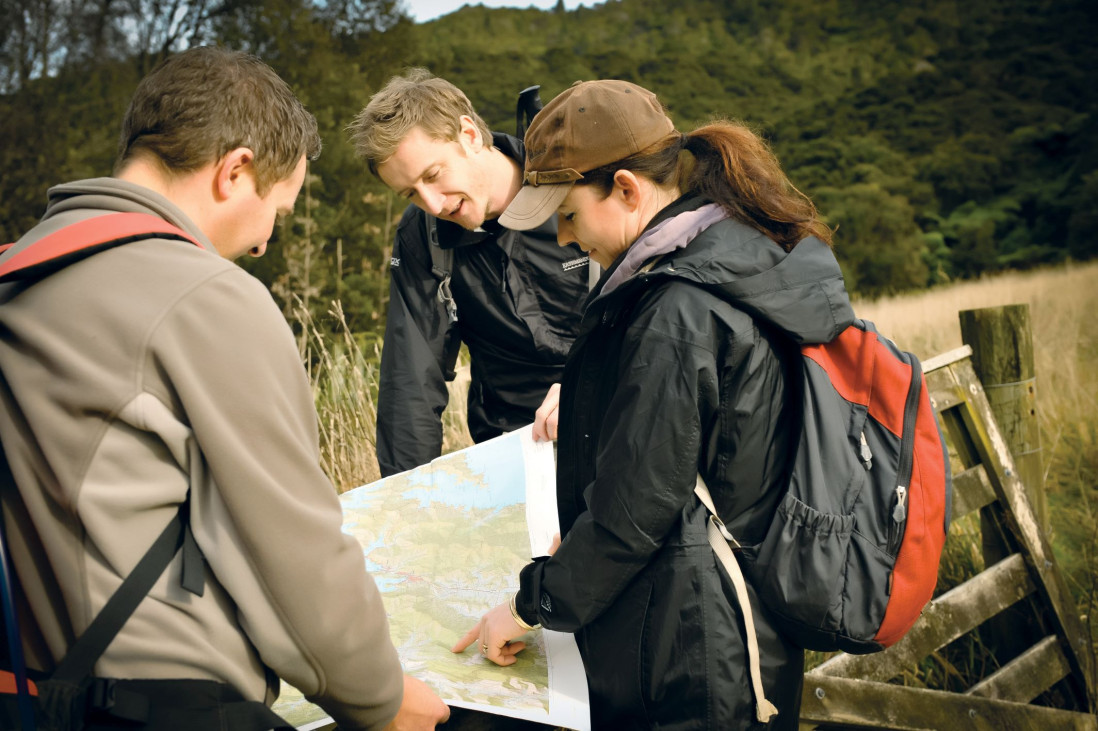We provide comprehensive support services to help learners succeed in their journey.
Studying with us

Supporting you in your workplace
When you enrol with us, your workplace makes a commitment to support you in your learning programme. This means that specific people in your organisation are responsible for helping you to pick up the knowledge and skills required in your programme. This might include your manager, supervisor or senior colleagues.
This support could involve teaching you new processes and tasks, checking your work, answering questions, observing you and offering advice, helping you solve problems, or directing you to the right resources so that you can do your own learning.
Bullying and harassment
All learners are entitled to a safe working and learning environment, free from discrimination, harassment and bullying.
What are bullying and harassment?
Harassment means behaviour towards someone that is unwelcome or offensive and targets their gender, gender identity, colour, race, ethnic or national origins, sexual orientation, age, disability, physical appearance, religion or marital status.
Bullying is any behaviour towards someone that is unwelcome and unreasonable, and includes victimisation, humiliation, exclusion, and undermining or threatening behaviour, whether by individuals or a group.
How we can help
Te Mahi Ako provides a number of steps for learners to take if they have concerns about bullying and/or harassment:
- Start by contacting your learner advisor – or any Te Mahi Ako staff member – to discuss your concerns.
- If you feel safe and comfortable enough to do so, try talking directly to the person who is bullying or harassing you. More on this below.
- We will work directly with your employer, where appropriate, to tackle any issues that are taking place at work.
- If the bullying or harassment is serious, or if nothing else works and it is still going on, we recommend you make a formal complaint. You can start this process using the confidential complaints form on our forms page or find out more in our ākonga | learner complaints/grievances policy, in the policy section on this page.
h5 test
- numbered list 1
- numbered list 2
Bullying and harassment
All learners are entitled to a safe working and learning environment, free from discrimination, harassment and bullying.
What are bullying and harassment?
Harassment means behaviour towards someone that is unwelcome or offensive and targets their gender, gender identity, colour, race, ethnic or national origins, sexual orientation, age, disability, physical appearance, religion or marital status.
Bullying is any behaviour towards someone that is unwelcome and unreasonable, and includes victimisation, humiliation, exclusion, and undermining or threatening behaviour, whether by individuals or a group.
How we can help
Te Mahi Ako provides a number of steps for learners to take if they have concerns about bullying and/or harassment:
- Start by contacting your learner advisor – or any Te Mahi Ako staff member – to discuss your concerns.
- If you feel safe and comfortable enough to do so, try talking directly to the person who is bullying or harassing you. More on this below.
- We will work directly with your employer, where appropriate, to tackle any issues that are taking place at work.
- If the bullying or harassment is serious, or if nothing else works and it is still going on, we recommend you make a formal complaint. You can start this process using the confidential complaints form on our forms page or find out more in our Ākonga (Learner) Complaints/Grievances policy, in the policy section on this page.

Non-domestic ākonga
Any non-domestic ākonga enrolling into a level 3 or above qualification, and who do not originate from either Australia, Canada, the Republic of Ireland, South Africa, the United Kingdom, or the United States, may need to provide evidence of meeting English language proficiency requirements. More information about these requirements can be found on the NZQA website.
Find out more about non-domestic learner English language proficiency requirements.
For information regarding international visas and international insurance click here.